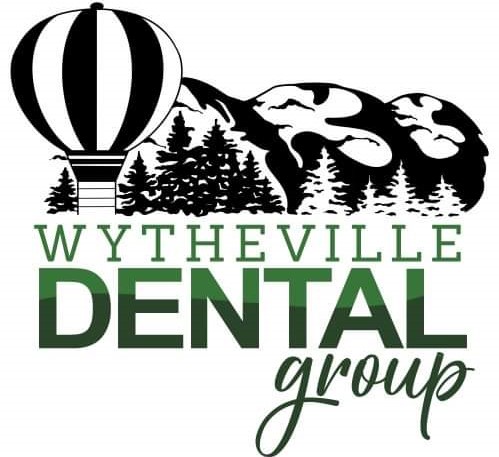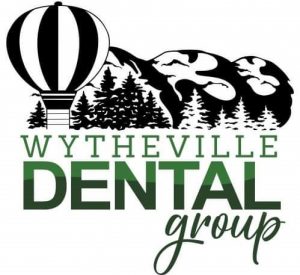Adult Tooth Loss: most Common Causes
Are you one of the millions of Americans who have experienced adult tooth loss? If you’re reading this, then the answer is probably yes. According to the Center for disease control research, 1 in 6 adults 65 and over has lost all of their teeth.
But why? What causes adult tooth loss in the first place? There are a few common culprits:
Cavities
Cavities are the most common cause of tooth loss in adults, typically caused by decay. Cavities form when bacteria in our mouths mix with food debris (from eating) and saliva (secreted by our bodies), creating acid that damages the teeth. In some cases, cavities can lead to tooth loss if left untreated.
Gum Disease
Gum disease can cause inflammation or infection in your gums and may destroy the tissue that holds your teeth in place. This makes it harder for you to brush away plaque and tartar buildup on your teeth as they get older.
The symptoms of gum disease include:
- Bleeding gums
- Bad breath (halitosis)
- Sensitivity to hot or cold foods or beverages
Trauma
Accidents, sports, and falls can also cause trauma. You may have a tooth knocked out or one that’s been broken off at the root. Injuries to your face or mouth can cause damage to nerves, jawbones, and bones in your face.
Lack of Dental Care
We all need regular dental checkups, brushing and flossing, and healthy eating habits to maintain our teeth for as long as possible. If you don’t start taking care of your teeth when you’re young, however, there’s no way to make up for the damage that has already been done.
Medications
Certain medications used to treat medical conditions can lead to tooth loss. Some antibiotics, for example, can cause tooth discolouration or gum disease – and this is a common side effect of long-term antibiotic use.
If you’re struggling with tooth loss, it can feel like the world is ending. But at Wytheville Dental Group, we want you to know that it doesn’t have to be! We understand how hard it can be to lose a tooth and how much it can affect your life—and we want to help you get back to doing what you love. We’re here for you, so don’t hesitate to contact us at any time if you need advice or treatment.

